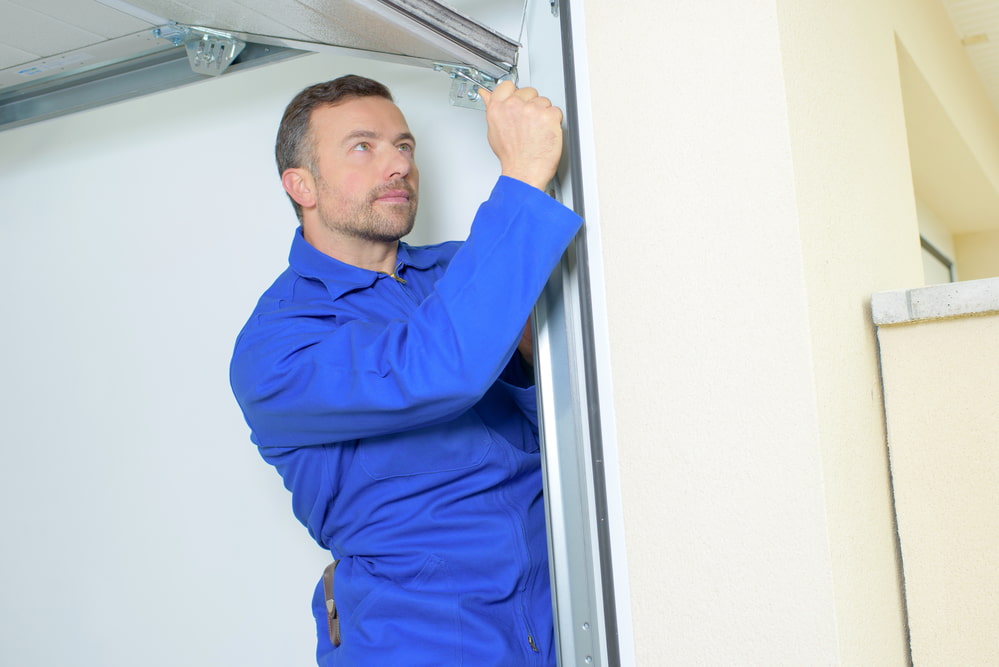Installing a custom residential gate is an excellent way to enhance your home’s security, privacy, and curb appeal. With a myriad of options available, choosing the right gate can be a daunting task. This comprehensive guide will help you navigate through the process of choosing custom residential gates, ensuring that you make an informed decision that best suits your needs and preferences.
When it comes to choosing custom residential gates, understanding the different types, materials, and features is crucial. This guide will provide you with all the information you need to select the perfect electric gate for your home. Whether you prefer a swing gate, slide gate, or an automatic gate, you’ll find valuable insights here to make your choice easier.
How to Choose a Gate for Your Home?
1. Assess Your Needs
The first step in choosing a custom driveway gate is to assess your specific needs. Consider the primary purpose of the gate: is it for security, privacy, or enhancing curb appeal? Understanding your main objective will help narrow down your options.
2. Determine the Gate Type
There are several types of gates to choose from:
- Swing Gates: These gates swing open and close like a door, providing an elegant entrance. They require enough space to operate and are best suited for wide driveways.
- Slide Gates: These gates slide horizontally along a track and are ideal for properties with limited space or inclined driveways.
- Automatic Gates: These gates offer convenience and enhanced security by allowing you to open and close the gate remotely.
3. Choose the Right Material
The material of your gate affects its durability, maintenance, and aesthetic appeal. Common materials include:
- Wrought Iron: Known for its strength and classic look, wrought iron is a popular choice for custom driveway gates.
- Wood: Offers a warm, traditional appearance and can be customized to fit various styles.
- Aluminum: Lightweight and resistant to rust, aluminum gates are durable and low-maintenance.
- Composite Materials: These offer the look of wood or metal but with increased durability and minimal maintenance.
What Are the Factors That Should Be Considered While Designing a Gate?
1. Security Features
Ensure that your gate provides adequate security. Look for features such as robust construction, integrated locks, and the ability to add access control systems like keypads, intercoms, or cameras.
2. Aesthetic Appeal
Your gate should complement the overall design of your home. Consider the style, color, and finish that will best match your property. Customization options allow you to create a unique look that enhances your home’s curb appeal.
3. Ease of Use
Consider the ease of operation. Auto machine gates are convenient, especially during bad weather or for those with limited mobility. Ensure that the gate can be opened and closed smoothly without much effort.
4. Durability and Maintenance
Choose a gate material that is durable and requires minimal maintenance. Wrought iron and aluminum are long-lasting options, while wood may need regular upkeep to prevent weather damage.
Which Type of Gate is Best for a Home?
The best type of gate for your home depends on your specific needs and preferences:
- Swing Gates: Best for wide driveways and properties with enough space for the gate to open inward or outward.
- Slide Gates: Ideal for properties with limited space or sloped driveways. These gates open along a track, saving space and providing a sleek look.
- Automatic Gates: Perfect for those seeking convenience and enhanced security. These gates can be operated remotely, offering ease of access.
What Size Are Most Residential Gates?
Most residential gates range from 10 to 12 feet wide for single-car driveways and 14 to 16 feet wide for two-car driveways. The height of the gate can vary depending on the level of security and privacy desired, typically ranging from 4 to 6 feet.
Customization Options and Additional Features
When choosing custom metal gates, the following additional things to consider:
1. Access Control Systems
Incorporate access control systems such as keypads, intercoms, or remote controls to manage who enters and exits your property. These systems add a layer of security and convenience.
2. Decorative Elements
Add decorative elements like scrollwork, finials, or custom gate designs to enhance the aesthetic appeal. These features allow you to personalize the gate to match your home’s style.
3. Weather Resistance
Ensure that your gate is designed to withstand local weather conditions. For example, choose materials that resist rust and corrosion in humid or coastal areas.
Tips for Finding a Custom Driveway Gate Company
Finding the right company to design and install your custom driveway gate is crucial. Here are some tips:
- Check Credentials: Ensure the company is licensed, insured, and has a good reputation.
- Portfolio and Experience: Look at their portfolio of completed projects to gauge their expertise and design capabilities.
- Customer Reviews: Read reviews and testimonials from previous clients to understand their experience and satisfaction.
- Clear Estimates and Contracts: The company should provide detailed estimates and clear contracts outlining the scope of work, costs, and warranty information.
Call to Action

For expert advice and professional installation of custom residential gates, trust Norman’s Overhead Doors INC. Our team is dedicated to providing high-quality, durable, and beautifully designed gates tailored to your needs. Contact us today at (808) 515-4043 to schedule a free consultation and enhance your home’s security and curb appeal with a custom driveway gate.
In conclusion, choosing custom residential gates involves considering various factors, including gate type, material, security features, and aesthetic appeal. By following this guide, you can make an informed decision that enhances your home’s functionality and appearance. Trust Norman’s Overhead Doors INC for all your custom gate needs, and enjoy the benefits of a beautifully crafted, secure, and convenient driveway gate installation.
